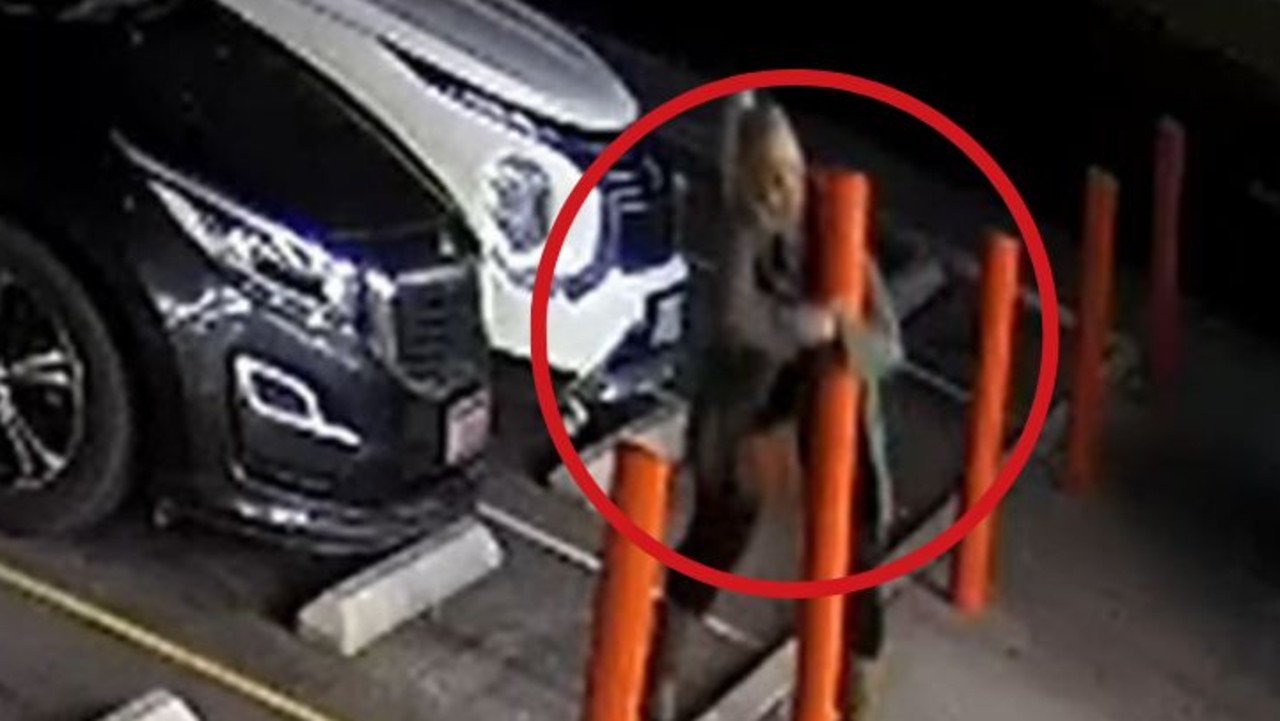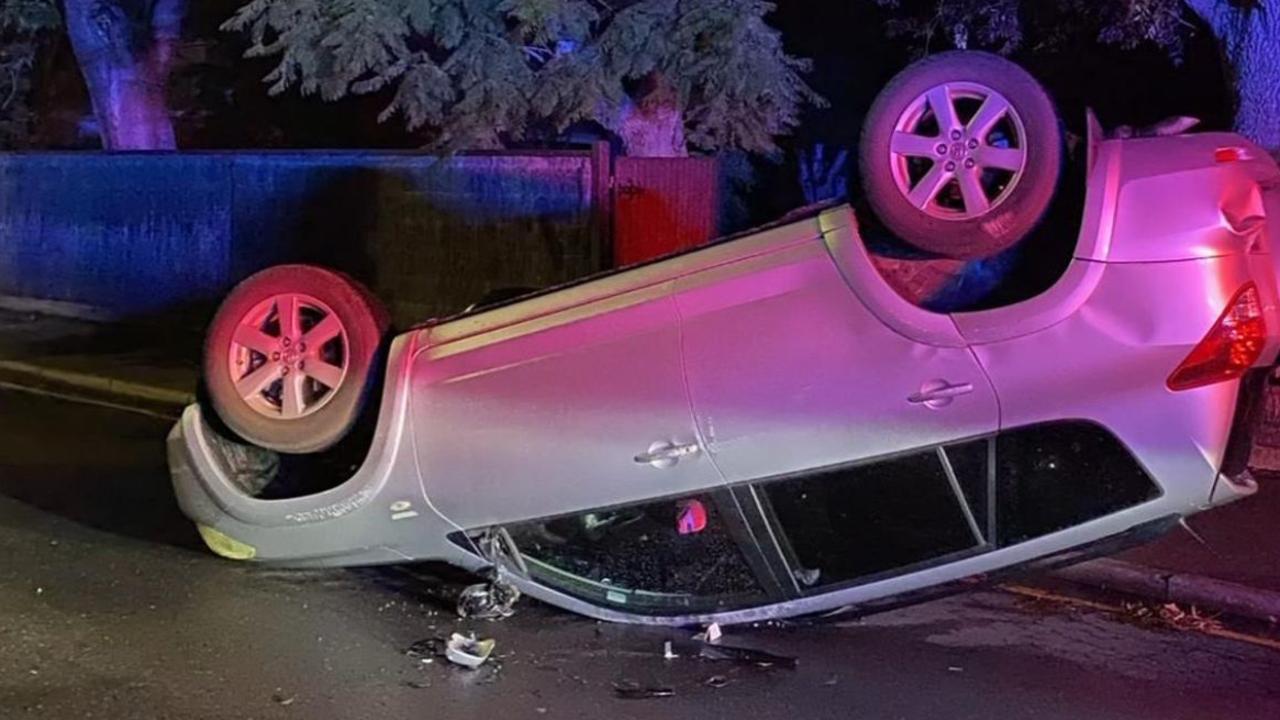Council elections 2022: Calls for compulsory voting and reforms to stop national security threats
Voting in council elections would be compulsory and voters must be Australian citizens, under a new plan to crack down on local government elections and boost the tiny votes.
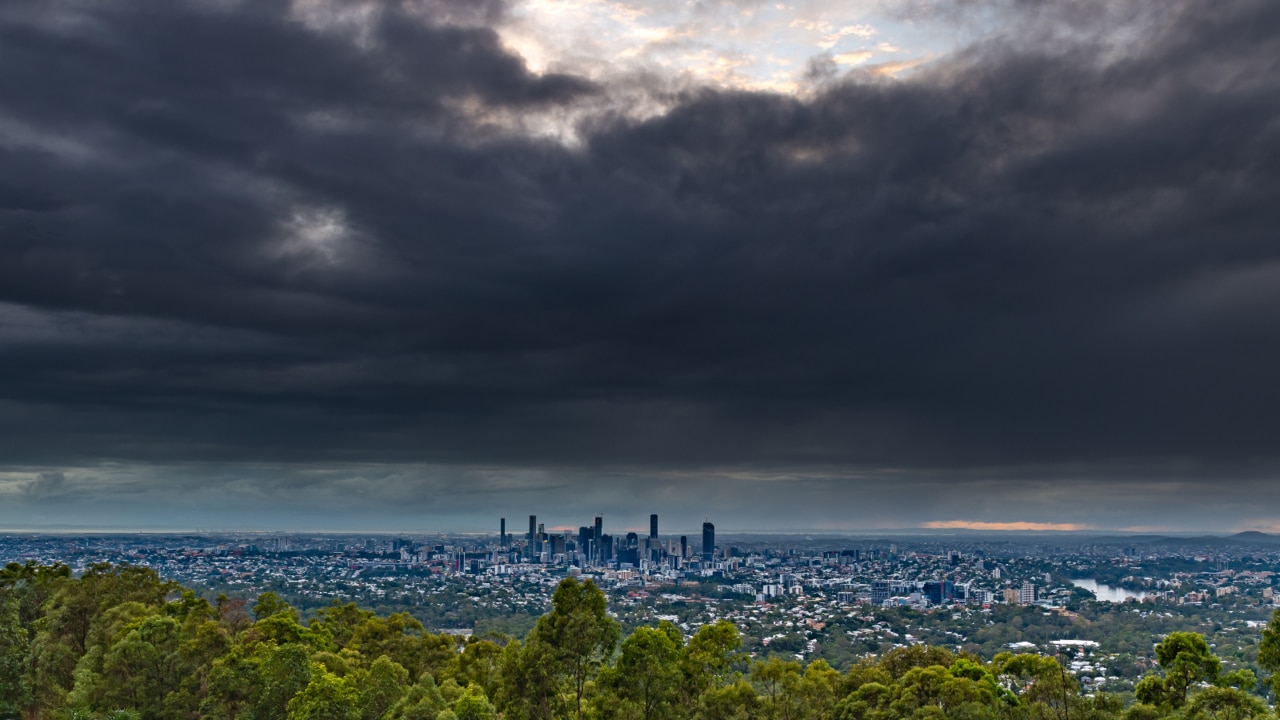
SA News
Don't miss out on the headlines from SA News. Followed categories will be added to My News.
Voting in council elections would be compulsory and voters must be Australian citizens, under a new plan to crackdown on local government elections and boost the tiny votes.
In a series of reforms to be put to parliament, SA Best Upper House MP Frank Pangallo has called for “stricter enrolment conditions”.
Mr Pangallo, a former television journalist, warned SA was “sleepwalking” into a real national security threat with “lax” rules fuelling fraud.
After another low council election turnout – just a third of eligible voters lodged a ballot – he has also renewed his plea for local government polls to be compulsory.
He said SA was one of two states that fail to ban non-citizens from voting in local government.
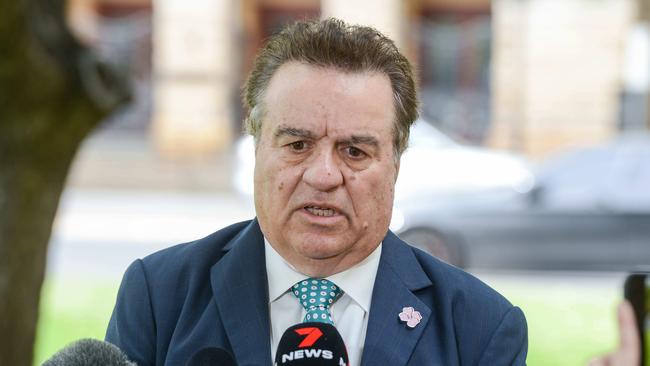
He also wants to change eligibility to electoral rolls, which would scrap a current rule of only living in an area for 30 days to gain a vote.
This, he said, should be increased to a minimum 12 months.
He also wants an overhaul of the postal vote system, in which citizens apply while pre-poll hubs should be established at council buildings.
Voting in federal and state elections are legally enforced and the South Australian and Commonwealth electoral commissions can issue fines of up to $100 to those without an adequate reason.
“Local government is the tier of government closest to the community and it carries a great deal of responsibility in managing the ongoing and future needs of their communities,” he said.
“We are leaving the back door open for hostile foreign governments to have an unwanted influence by planting ‘sleeper’ candidates sympathetic to their policies – and it’s time this door was closed.”
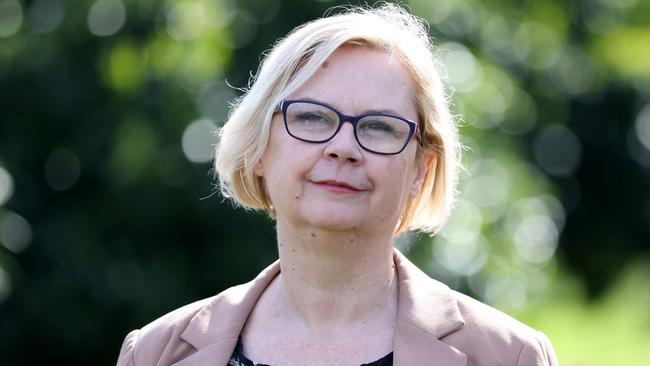
Acting Local Government Minister Clare Scriven said the government was pleased to boost voter turnout by 1 per cent.
She said an official election analysis will be undertaken by the Electoral Commissioner and departmental officials will review broader policies for consideration.
Opposition spokesman Sam Telfar, a former regional mayor, was disappointed with the voter turnout.
“It could be time that local government engages with community to better understand why voting numbers continue to decrease,” he said.
“Community consultation should be the first priority ahead changing legislation to mandate voting which could be viewed as a knee jerk reaction.”




